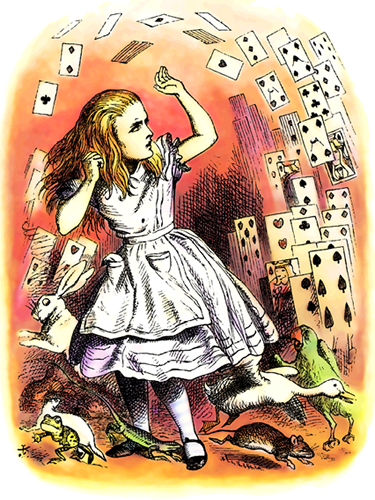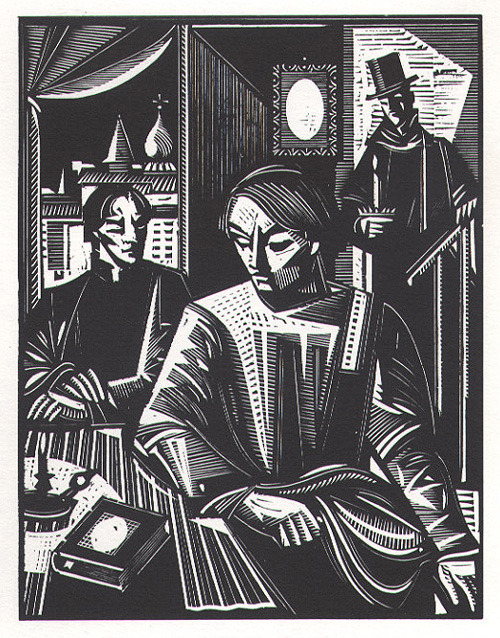
George Orwell wrote a novel called Coming up for Air. I wrote a song that used this phrase several years ago when I was producing a lot of poppy music for me and others to perform on the street and in coffee shops (mp3,). I just listened to it all the way through for kicks. It’s not near as bad as I remember most of my work. It is a bit long, however.

Eileen and I have been listening to books at night via our local library’s subscription to audiobookcloud.com. Last night I put on Orwell’s Coming for Air. That’s why I was thinking of it and its title.

Last night was a library worker’s dinner at the local Elk’s club. Somehow it was to make up for a lack of a Christmas dinner. Not sure about the whole thing but Eileen wanted to go so go we did.
We sat and chatted with some other people. I marvel at my own weird introvert overly sensitive nature that causes me to come away from conversations feeling so conflicted. The phrases and exchanges between people linger in my head in a way that is not terribly comfortable for me. I helplessly analyze and speculate for the next 24 hours (apparently). Jupe is not much an extrovert.

Yesterday I made recordings of today’s prelude and postlude. I did so in the hopes I might learn something about the pieces I am playing. The main thing I learned is that they are not in too bad shape for today. In the fugue I might try to play it a bit more relaxed. Here are the videos if you’re interested.
The second video is today’s postlude. Taken from Bach’s Orgelbüchlein it is based on the sequence hymn’s tune for today. “When Christ’s appearing was made known.” One of the verses refers directly to the gospel story for today: the story of Jesus turning water into wine at Cana.

I have returned to reading Dostoevsky’s The Brothers Karamazov.
Yesterday I arrived at the chapter entitle “Cana of Galilee” Part III, Book 7, chapter 2. The chapter describes the reading of this gospel story over the dead body of the recently deceased holy man, Zosima. Zosima is an esteemed monk who figures pretty importantly into this story. People go to him and listen to his words of wisdom. This includes one of the brothers Karamazov, Alyosha.

Alyosha reminds me of Prince Mishkin (in The Idiot). He is the youngest brother who is struggling with idealism and a call to Christianity.
The Cana story is one of “showing forth” of Christ’s messianic nature. In Dostoevsky, it seems that goodness and holiness show forth in his story to no avail. The famous little story, “The Grand Inquisitor,” in which Christ returns to earth in the midst of the Inquisition and is subsequently recognized and executed, takes place as a story one character tells another in this novel. I suspect that Dostoevsky is making a point about how attempts at goodness in life are almost futile and certainly unrecognized in utilizing “The Grand Inquisitor” and the Miracle at Cana in his novel.